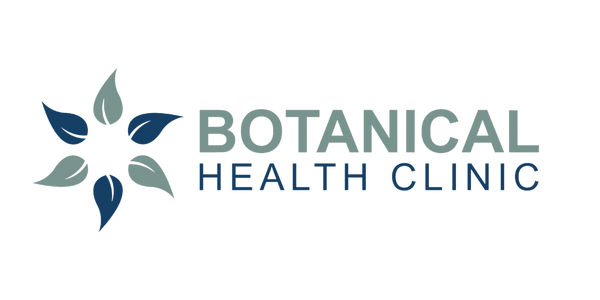Fatty Acids for ADHD - Omegas 3, 6 & 9
Increasing evidence suggests that a relative lack of essential fatty acids, mainly omega-3, may contribute to many psychiatric and neurodevelopmental disorders including Attention Deficit Hyperactivity Disorder (ADHD), dyslexia, oppositional defiant disorder, depression, developmental coordination disorder, and autism.
Numerous studies show children with ADHD have a measurable reduction in the tissue levels of omega-3s (EPA). Omega-3 is critical in the structure and function of brain cells.
DHA found in Omega-6 protects the brain from neurotoxicities such as pesticides and mercury, both toxins that have been linked to ADHD. DHA also plays an important role in brain development and intelligence.
It’s very important to get the correct ratio of Omega 3/6 fatty acids. The typical American consumes far too many omega-6 fats in their diet while consuming very low levels of omega-3.
The ideal ratio of omega-6 to omega-3 fats is 1:1. Today, however, most people’s ratio of omega-6 to omega-3 averages from 20:1 to a staggering 50:1. Those kinds of ratios are not good news for your ADHD symptoms
Antioxidants for ADHD
The neutralizing effect of antioxidants helps protect the body from oxidative stress.
EPA and DHA acids have demonstrated promising antioxidant properties.
Dopamine is highly susceptible to auto-oxidation when our antioxidant defense is weak. Oxidative stress and dopamine dysfunction thus appear interrelated in ADHD, possibly leading to a vicious cycle.
It is important to know that Omega supplementation takes up to six weeks to show a large decline in ADHD symptoms. A randomized clinical study from 2009 concluded children and adolescents with ADHD treated with omega 3/6 fatty acids for 6 months responded with meaningful reduction of core ADHD symptoms.
26% responded with more than 25% reduction of ADHD symptoms after a few weeks, but after 6 months, 47% of all participants showed such improvement. The majority of responders tended to have ADHD inattentive subtype and comorbid neurodevelopmental disorders.
Fatty acids supplementation has been shown to improve many ADHD symptoms including impulsive-oppositional behavior which pharmaceuticals typically do not help
There are a variety of foods, mainly fish, seeds, leafy greens, eggs, and beans that contain either Omega-3 or Omega-6 but the following foods contain both DHA and EPA
- Salmon
- Herring
- Hemp Seeds
- Lobster
- Oysters
- Shrimp
- Tuna
- Flax Seed
As you may know, I’m not a major fan of too many supplements as I believe your best source for optimal nutrition is through whole foods. However, fatty acids supplementation is one of my exceptions as most Americans consume far too few omega-3 fats, and way too many omega-6s.
Are You Getting Enough Omega-3 & 6?
The amount of fatty acids needed for each person varies and the U.S. Food and Drug Administration (FDA) has established a Daily Value (DV) for total fat but not for Omegas.
Diagnosis of fatty acid deficiency is usually clinical; however, tests such as Organic Acids Test (OAT) measures fatty acids metabolites and can further clue us in on protein deficiencies.
I am a big fan of health history, symptomatology and including cravings as clues to detect when more omegas are needed.
Here are some clues you omega intake is low
- fatigue
- poor memory
- dry skin
- dermatitis
- heart problems
- mood swings
- depression
- poor circulation
If you are craving cheese, crispy foods, soda, or recreational drugs you may want to consider increasing the fatty acids in your diet or talking with your nutritionist about adding in supplementation.
Safety
High doses of omega-3s may cause bleeding problems when taken with Warfarin (Coumadin) or other anticoagulant medicines.
Otherwise, omega supplementation is generally considered safe otherwise but may cause minor GI discomforts such as
- burping
- heartburn
- stomach pain or discomfort
- joint pain
- vomiting
- constipation
- diarrhea
DHA & EPA are found in many foods. However, some people still struggle to get enough essential fatty acids. These people should consider supplementation.


